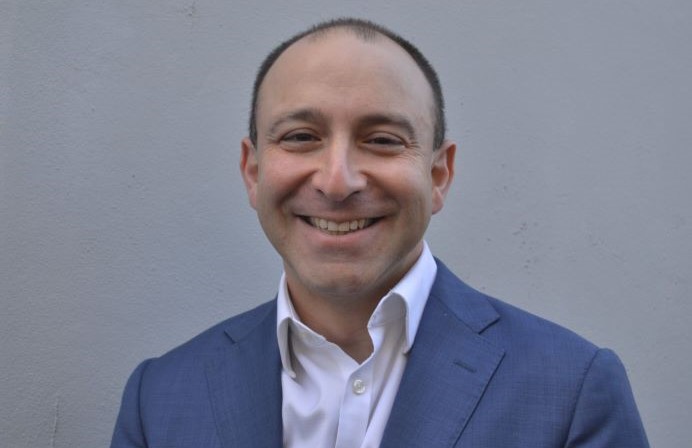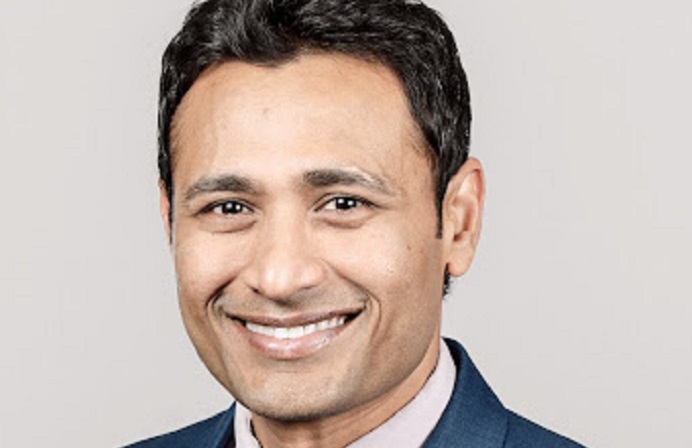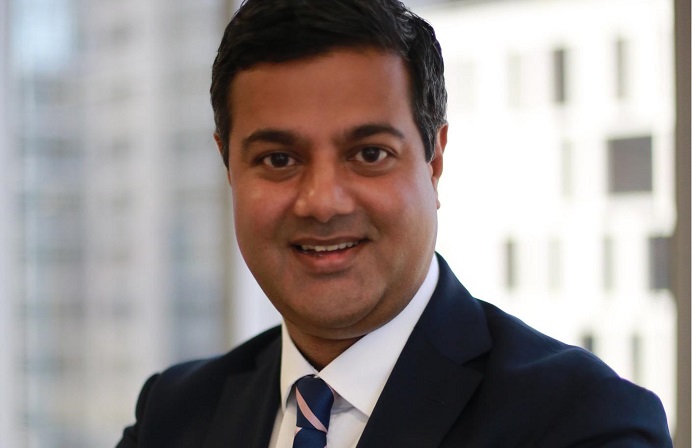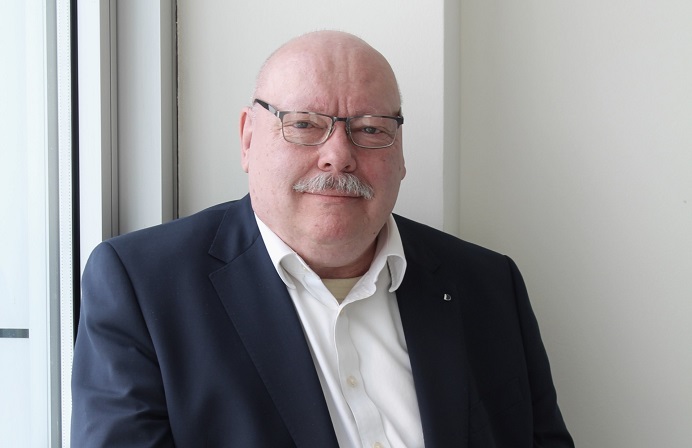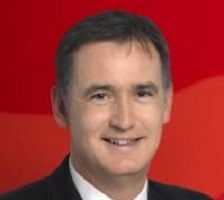
FST Media: What are your plans for the next 12 to 18 months?
Cobban: We are looking at three priorities across technology. As a bank, you always have to have a priority around stability of your system security. Every bank is under attack every day and we have to have this relentless focus on security.
Our second priority is around innovation and particularly around innovating for customer needs. We are focusing now on really truly understanding customer needs. We have invested in developing human design skills, aimed at working and observing our customers and understanding their true needs and innovating.
The third area is looking to improve our speed to market. There is absolutely no point in innovating if we cannot deliver and deliver quickly. Historically, we have not had a great record with delivering quickly and we are looking to improve that dramatically.
FST Media: How is DBS Bank’s technology driven initiatives delivered value to the business and how will you measure its success?
Cobban: We are working very hard not to have any technology driven initiative and to reposition all our projects, but the problem is addressing customer needs, and that has really changed the whole paradigm about how we think about technology. We encourage the business to very much think about technology as their overall business strategy, increase better engagement across the business, technology and customers. And as a result, we are seeing some quite remarkable improvements and successes.
It has also improved the way that we measure success. Previously, our business cases tended to be that we implemented a system and some time later, revenue happened without really understanding the bit in the middle. So now we have a lot more rigour in connecting the various deliverables of a project – one of which may be a system – others may be training, process team, marketing – and connecting those with true operational KPIs that there is no doubt of influence by those deliverables. And those, in turn, will correlate to business outcomes.
FST Media: What role has technology played in enhancing the customer experience for DBS’s refreshed branch design?
Cobban: Branches are the channel that refuse to go away and something nobody really wants to have, but DBS has seen them as very much an important part of our channel strategy. We have done a lot of experimentation with using technology in our branches and some of it has worked very well and some of it has not. We use the experiments and find out what is working, keeping things that have been successful. We recognise the key ingredient that makes technology successful, is how it integrates with the customer. If you do that at a branch, it is really an alignment of the physical space, the people in the branch, as well as the technology, and some banks have made the mistake of trying to make technology the front of our branches. But if you think about why our customers go to branches, part of the reason is they want to have a human touch. So it is very important to integrate the people in our branches with technology.
We are trying in most cases to make the technology invisible.
FST Media: How is DBS responding to the new market entrants such as telcos and technology companies like Google and Apple?
Cobban: Every bank on the planet should be looking to these guys with fear. They [new entrants] are very small players and they are hungry. They are like circling sharks and we have to be very aware of what their plans are and trying to compete. It is a mistake to try and out-Google Google but it is true that we have to become more nimble and use data better in the way that Google does. But we have to remain key to our strengths. For example, at DBS, we have four million customers in Singapore and that is a great start and we should be able to leverage that fact.
Also every company, including banks, needs to compete on understanding their customers better than anybody else. Again, because we are physically located in Asia, our strategy is to really get to know our customer intimately and innovate around that area.
FST Media: What skills do you think aspiring technology chiefs should invest in now for the future?
Cobban: We focus on building our ability to understand customer needs. So we are looking at things like ethnographic research capabilities and going out and working with design thinking companies, to make sure that they are solving the right business problems and addressing the right customer needs.
FST Media: What technology or innovation is proving to be the single biggest game changer for banking?
Cobban: Everybody will tell you that mobile is changing the whole planet, but there are a couple of things around that which are quite interesting. In order for banks to really take advantage of mobile, they have to fix a couple of things – the first thing is around security, authentication and making a solution.
The second thing is that there is a real risk of any new technology in a channel such as mobile, that there is this temptation to just put the old way of banking on a mobile. It happened when radio transferred to television. It is happening as desktop computing goes to mobile, people are just trying to access traditional desktop Internet type functionality on mobile, but what mobile gives you clearly is the ability to do banking where it is most needed. So you are not limited to the branch, you ae not limited to your desktop at home, to really provide transaction capability and beyond at the point of meet. The bank that gets that right will win.
FST Media: What role will data analytics play in improving the customer experience?
Cobban: Everybody answers that question by saying we need to get to know our customers better; and that is true and important. What we are seeing at DBS is another opportunity that is a little bit more tangible around providing operational solutions. For example, we had great success in using data to predict when our ATMs were going to run out of cash in optimising their replenishment of cash – and we have dramatically reduced the amount of cash we have in our ATMs and data, which in turn of course, provides a great customer service.
FST Media: What is proving to be your most effective customer channel acquisition and why?
Cobban: There is no such thing as a single acquisition channel anymore. When we observe our customers, it is very rare that we have a single channel access to the company. Typically customers will do their research on the Internet, then they may continue to call the bank and come into our branch. So the way to win is to understand that customer journey, and design an explicit experience to ensure the customer has the complete customer journey. By doing that, you have uncovered a lot of pain points our customers have to go through as they move from channel to channel, and by addressing those, you have some quite good successes in acquiring customers more effectively.
FST Media: With respect to career development, what is the best advice you have received?
Cobban: The best advice I ever had was ‘go and see for yourself.’ I remember going to Japan and there was a very old quality guru in Japan and he was really berating a financial manager, in particular, saying, ‘you guys don’t know how to get out of your offices,’ and he advised me to go and see for myself how work was getting done and how customers were trying to experience the bank. And by doing that you uncover a whole bunch of issues you will never see on a PowerPoint presentation in your office. I now encourage my team to make sure they go and see for themselves how the work is getting done and to believe they will find some quite astounding discoveries and obstacles people are facing which would otherwise remain hidden.
FST Media: Every leader, especially someone at your level has a legacy they wish to be remembered for, what is yours?
Cobban: My legacy would be about transformation. I always told my team that they really have to make changes that matter. Banking is about trust in our customers, yet banking is the least trusted industry at the moment. We have to make a return to the matters that affect the customer and create a new experience for banking customers that, dare I say, could be fun, enjoyable and interesting. I would repeat the Steve Jobs paradigm ‘We are here to make a dent in the universe.’ We are here to make a dent in banking.

